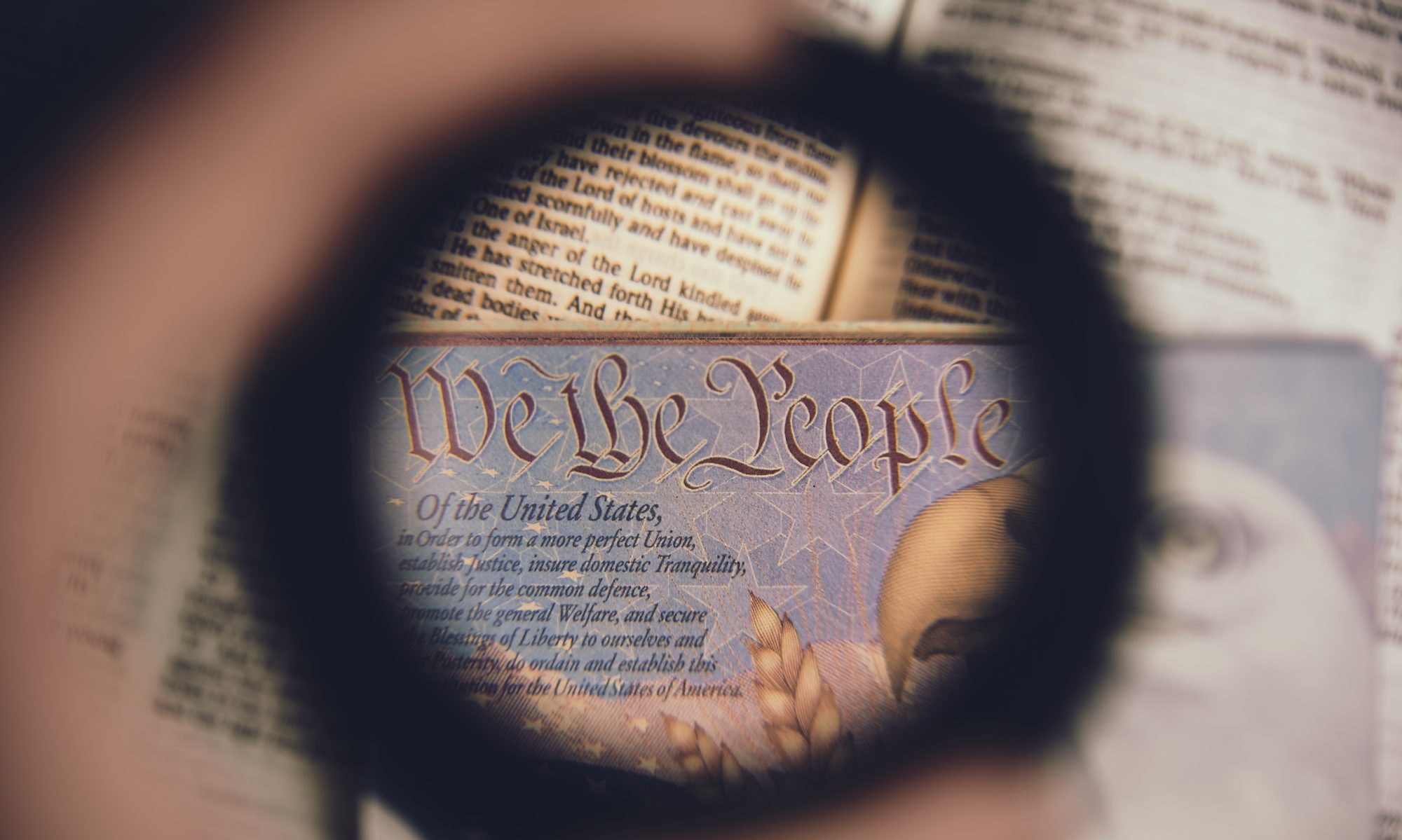By: Michael Boldin
We’ve long pushed for supporters of the right to keep and bear arms to create “gun rights sanctuary” cities and counties. But almost every jurisdiction that claimed to create one has done nothing of the sort. The latest example is Lake County, Florida.
On Tuesday, Lake County Commissioners passed a resolution sponsored by commissioner Josh Blake declaring the County to be a “2nd Amendment Sanctuary.”
“This draws a line in the sand. It doesn’t mince words, and I hope it sends a message to what can best be described as the authoritarian control freaks,” Blake said. “They see it as their job to forcibly disarm their fellow citizens. And with all due respect, that simply won’t be happening in Lake County.”

In an interview, Blake said Lake County’s resolution sends this message to its citizens: “We’ve got your back.”
Sheriff Peyton Grinnell wrote in a letter of support: “Thank you for your continued efforts to protect our rights afforded by the Florida Constitution and the Constitution of the United States of America,” he wrote, prompting Blake to claim the resolution “has teeth.”
The widely publicized impact that as many as 300 immigration “sanctuary cities” are having on federal enforcement of immigration laws, along with statements like this, it’s understandable that residents believe that Lake County will no longer help enforce federal gun control. They might even believe the county will interpose and defend them should federal agents attempt to enforce.
But nothing could be further from the truth.
Here’s why.
1. Lake County passed a resolution.
Under Section 166.041(1), Florida Statutes, a resolution is a non-binding “expression of a governing body concerning matters of administration, an expression of a temporary character, or a provision for the disposition of a particular item of the administrative business of the governing body.”
An ordinance, on the other hand, is “an official legislative action of a governing body, which action is a regulation of a general and permanent nature and enforceable as a local law.”
In effect, the resolution passed by Lake County is nothing more than a statement of opinion. It does not have the effect of law.
2. It doesn’t ban the enforcement of anything.
Setting aside the fact that what passed was a non-binding resolution, the text doesn’t even attempt to create what’s commonly understood to be a “sanctuary city” beyond making a declaration — a statement of principles.
The reason that people oppose immigration sanctuary cities is because they significantly hinder federal enforcement in concrete ways. They hamstring the feds by banning the use of local resources to help the federal government enforce a narrow or broad range of federal immigration laws. For example. San Francisco is on the broad end of the spectrum.
San Francisco has had its sanctuary policy on the books since 1989. The first thing to note is that the city passed an Ordinance – a binding law – not a non-binding Resolution. It specifically “prohibits City employees from using City funds or resources to assist Immigration and Customs Enforcement (ICE) in the enforcement of Federal immigration law.”
Lake County’s resolution doesn’t attempt to stop enforcement of anything. Without a ban on enforcement, there is no “sanctuary” being created. Period.
THE RESOLUTION
After a series of WHEREAS clauses stating a number of principles, the approved text resolved as follows:
Section 1. The above recitals are true and correct and incorporated in this Resolution.
Section 2. The Lake County Board of County Commissioners hereby declares Lake County as a Second Amendment Sanctuary in order to preserve for the People of, on, and in Lake County, their rights guaranteed by the Constitution of the United States of America.
Section 3 We the People of Lake County, Florida, through this resolution hereby declare our rights, our freedom and our liberty as guaranteed by the Constitution of the United States of America.
Section 4. A copy of this Resolution shall be spread upon the Minutes of this meeting.
Section 5. This Resolution shall become effective upon adoption.
Think of it this way.
Had San Francisco – and hundreds of other local jurisdictions, for that matter – passed something even remotely similar in regards to immigration, no one would be complaining about immigration sanctuary cities. No one would be trying to stop them. And the president wouldn’t be suing them – because such a resolution would have no impact on the enforcement of federal law at all.
CONCLUSION
This is not to say that resolutions have no place in a strategy to support the Constitution and liberty.
The most prominent documents formalizing the principles of nullification – the Kentucky and Virginia Resolutions of 1798 – were, in fact, non-binding resolutions. They were a statement of principles. But, unlike Blake and the other commissioners – and virtually all the media reporting on this resolution, Thomas Jefferson and James Madison never claimed to be nullifying the Alien and Sedition Acts when they were merely making a statement and building a framework from which they could take further action.
And that’s what local legislators need to get right.
Anything else is merely ignorance, grandstanding, or outright lying.
Michael Boldin [send him email] is the founder of the Tenth Amendment Center. He was raised in Milwaukee, WI, and currently resides in Los Angeles, CA. Follow him on twitter – @michaelboldin and Facebook.

